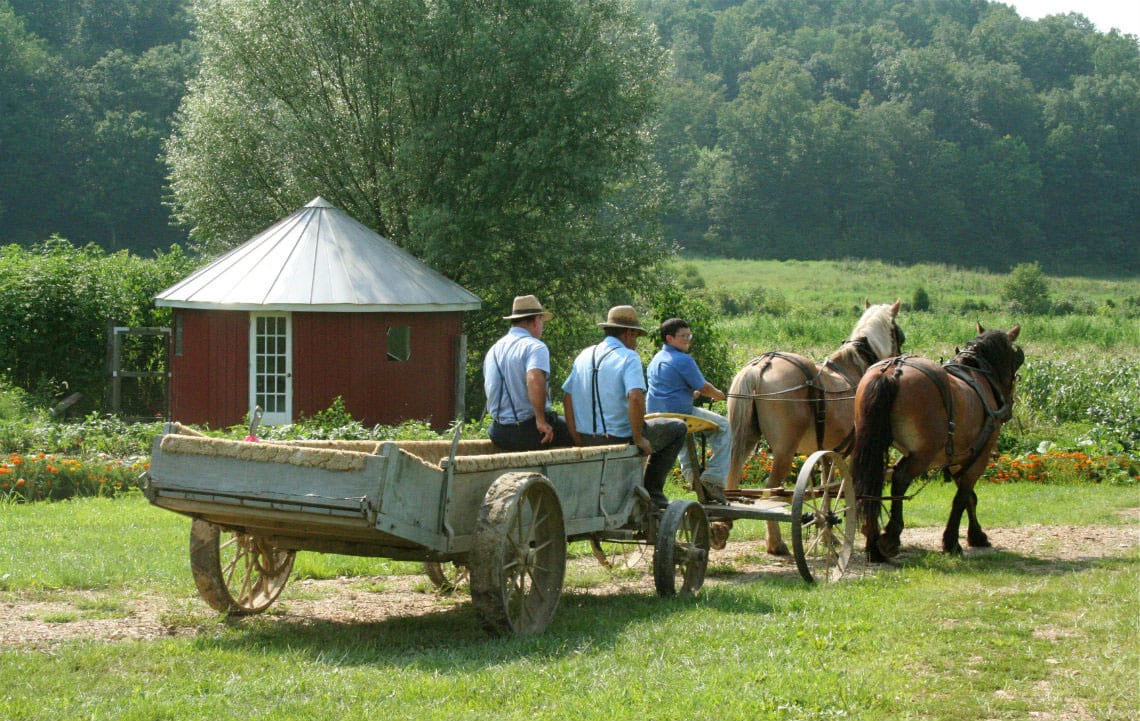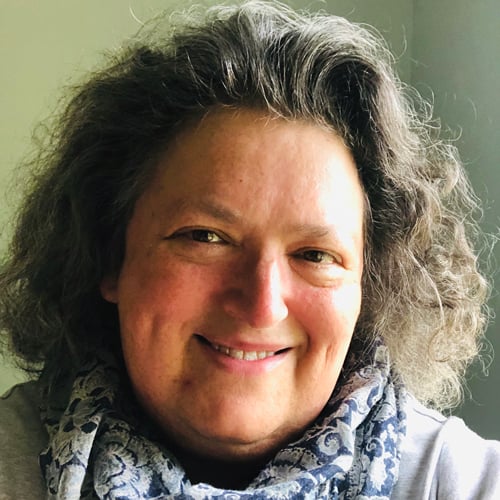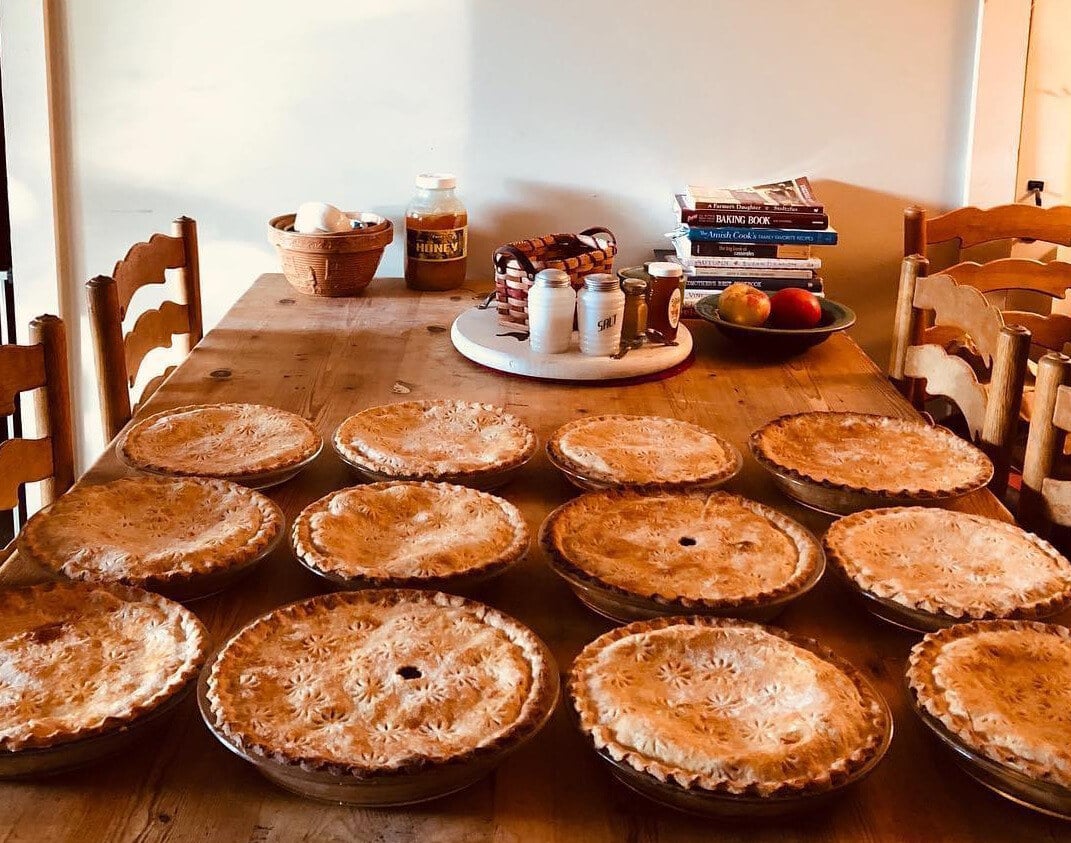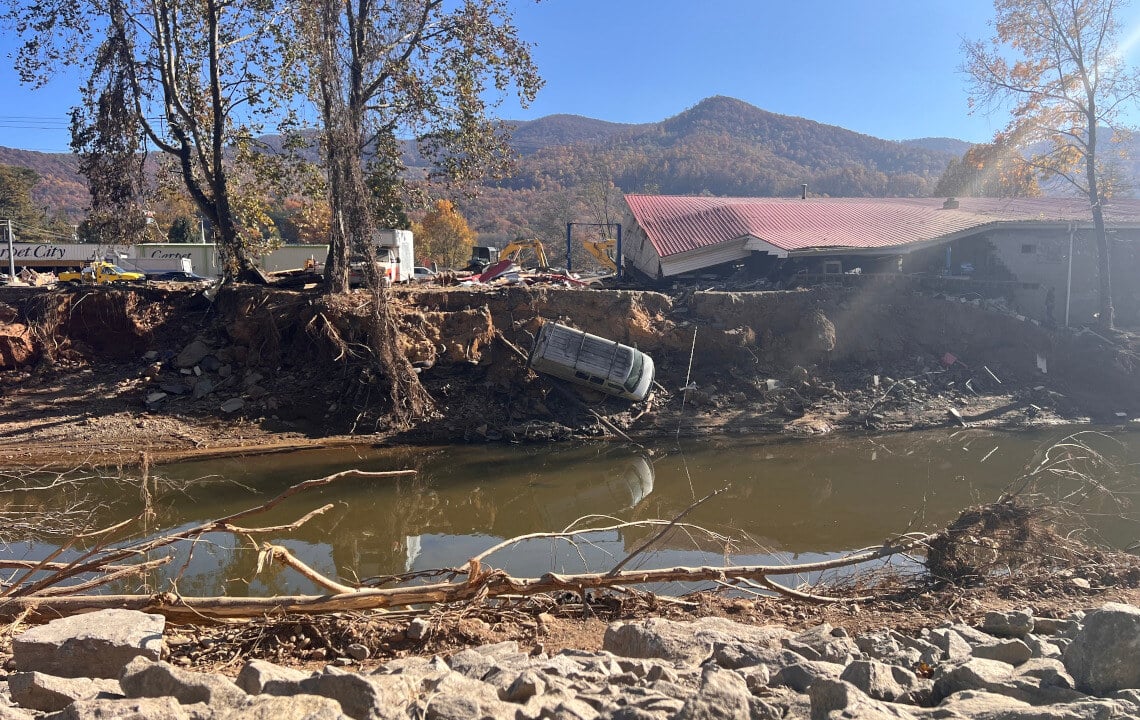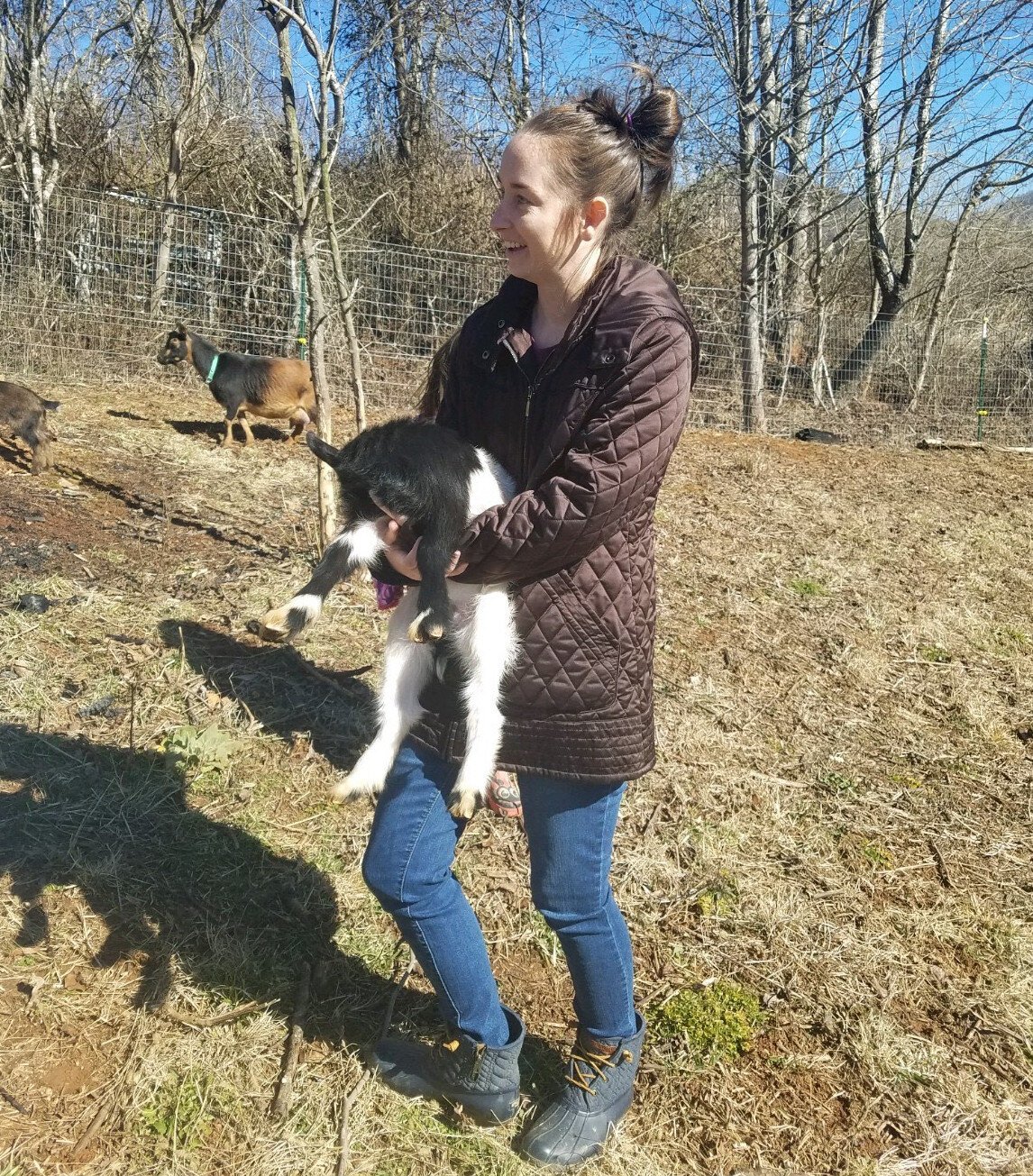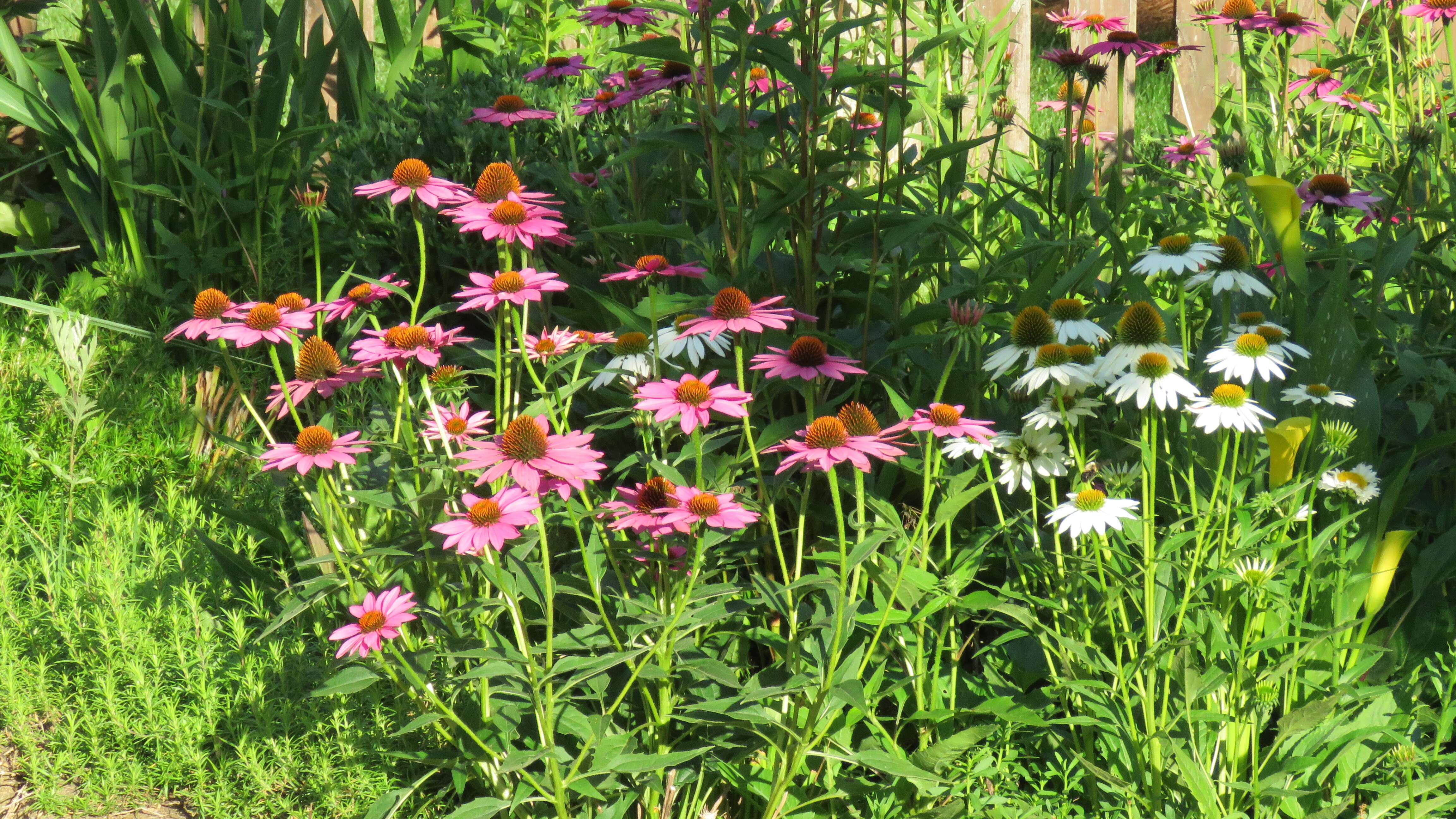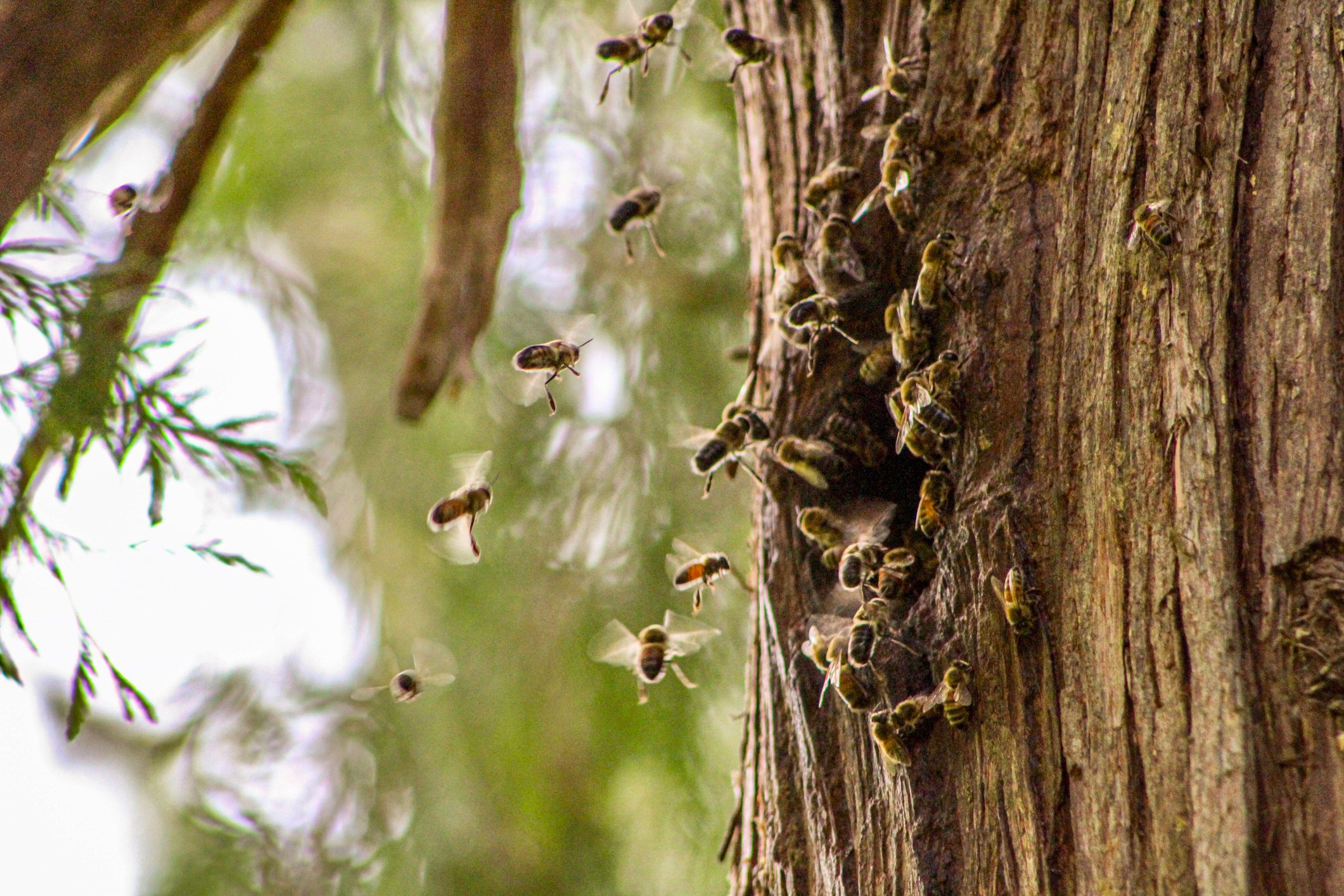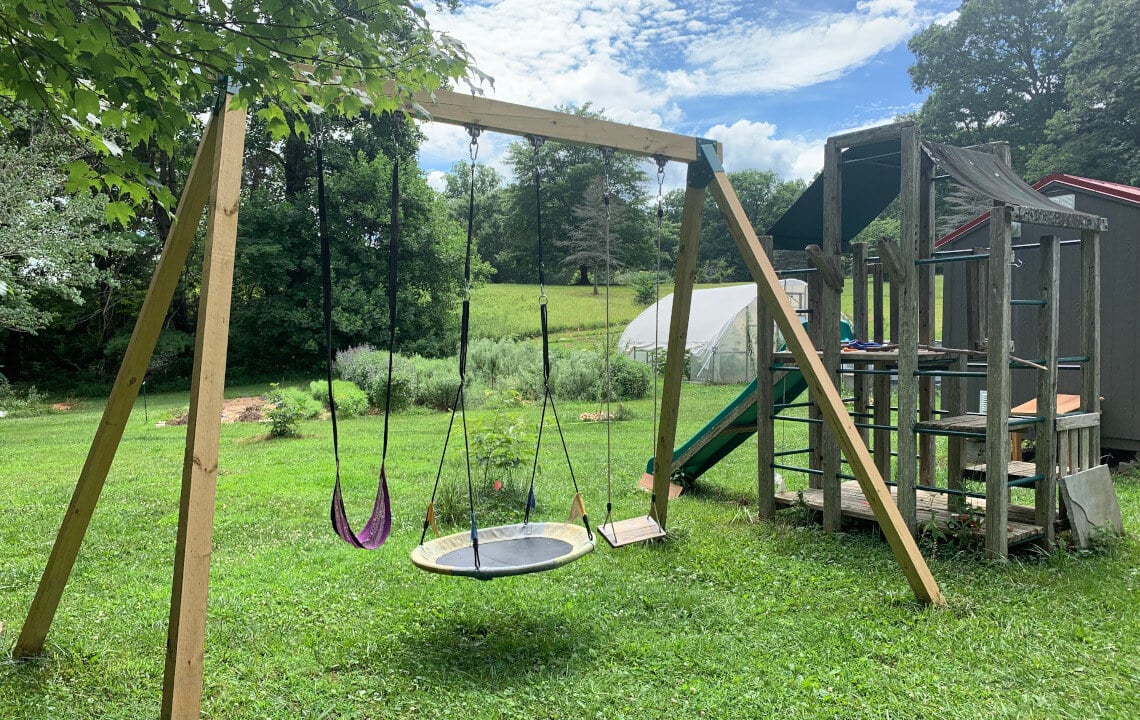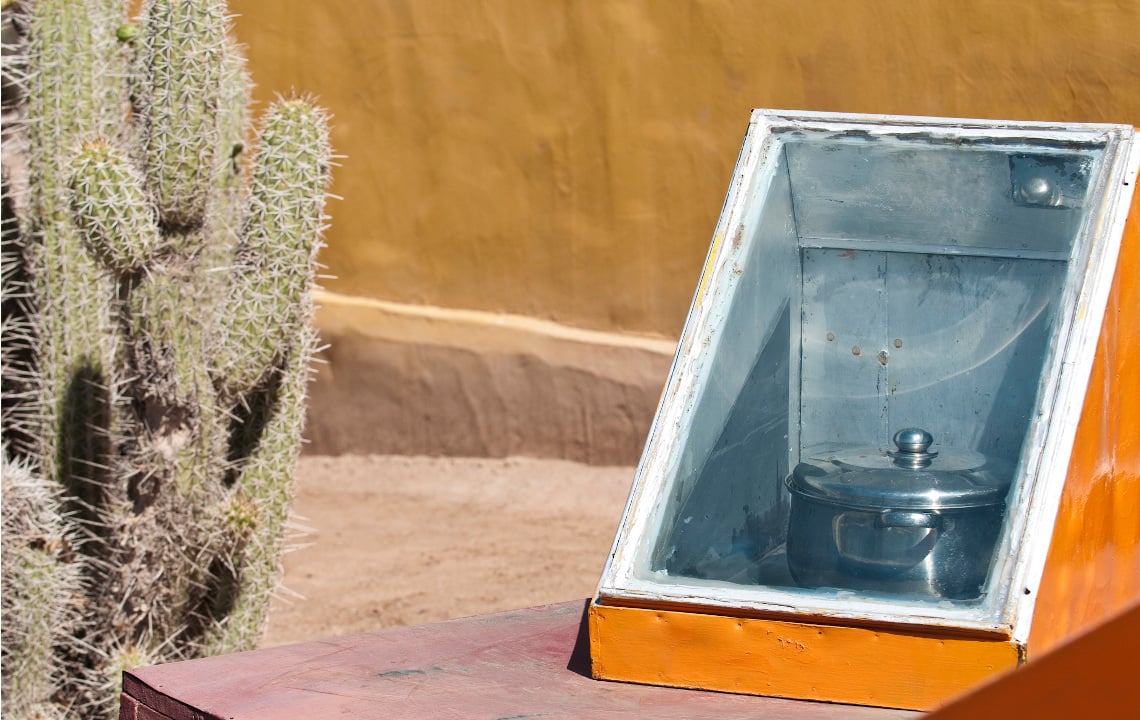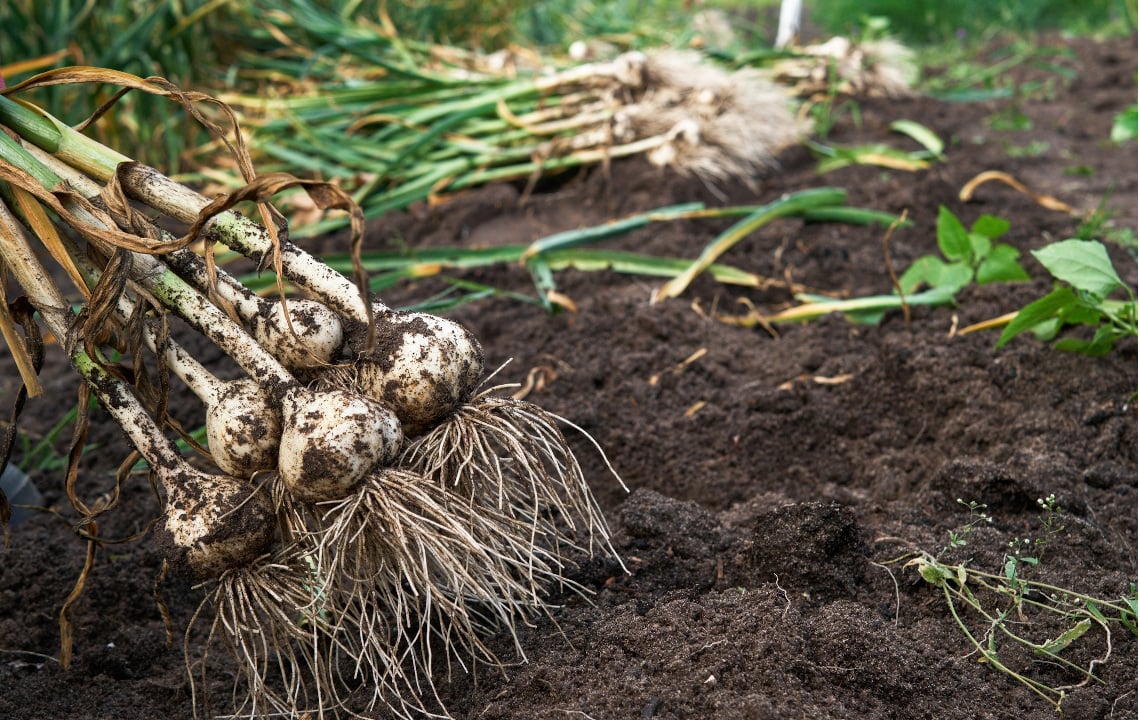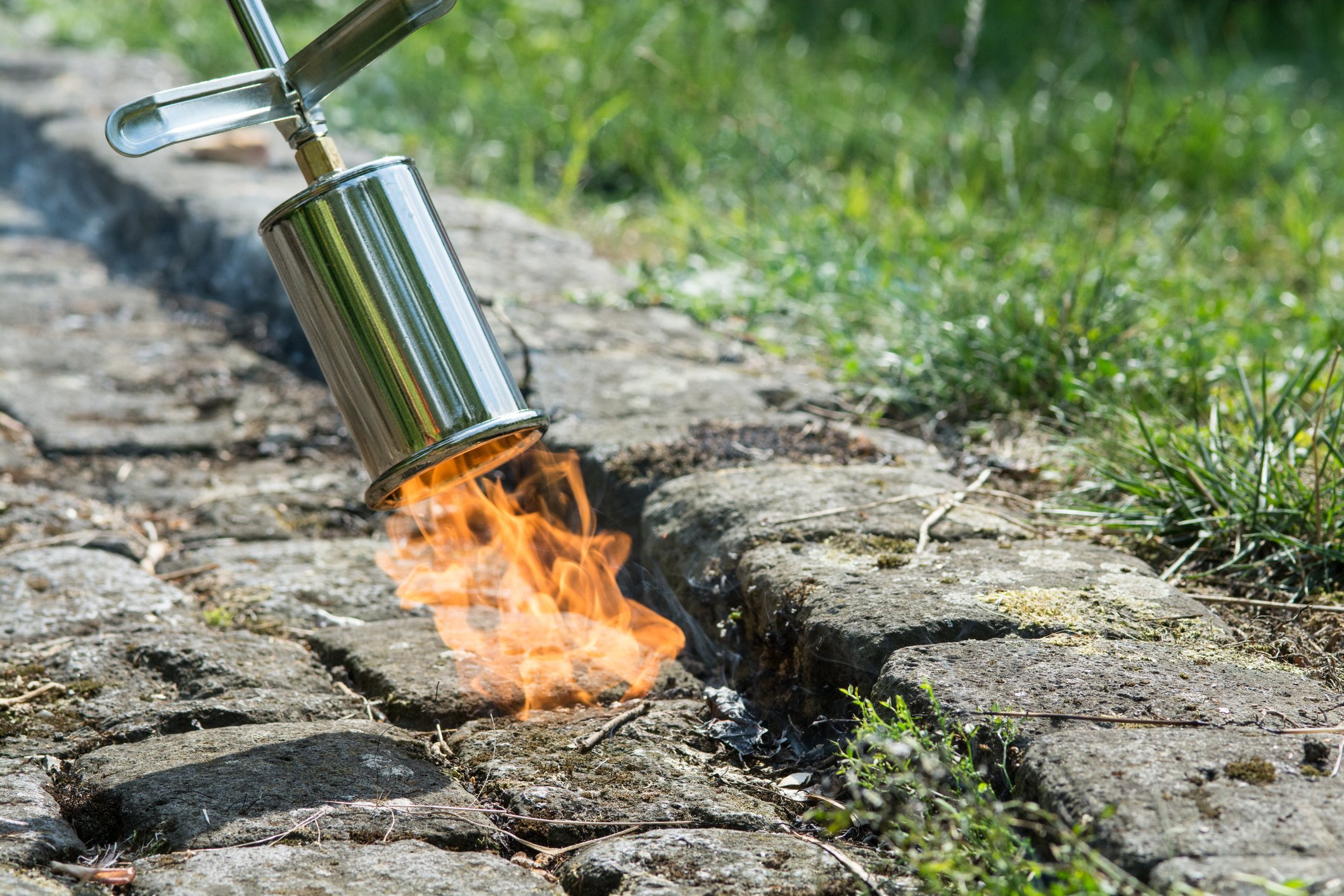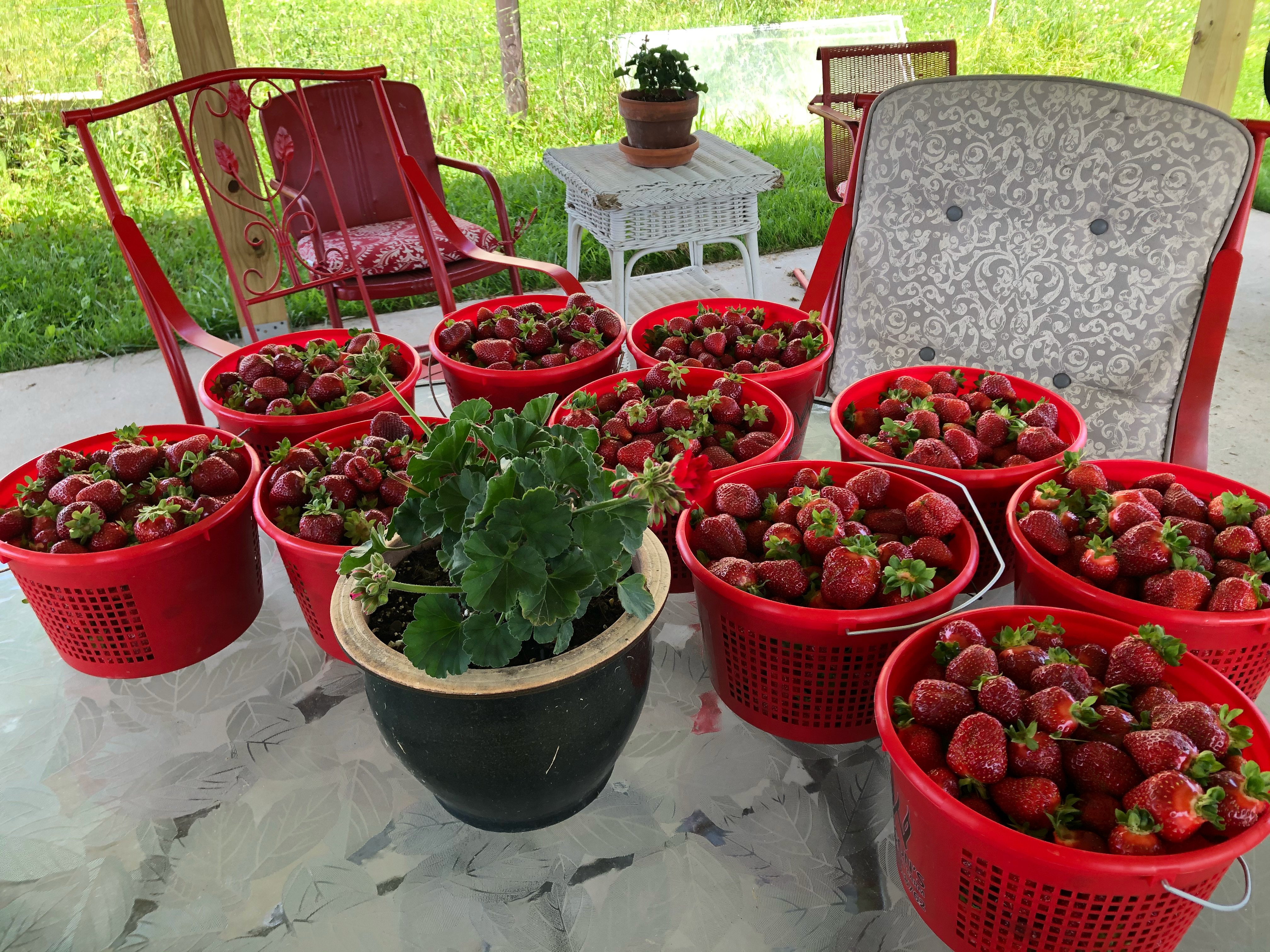Here in Kentucky we discovered a small Old Order Mennonite community in the neighboring county. For eight years we have done business with their farm-fresh produce stands, a bulk food store, grain mill, and other specialized offerings.
We have especially befriended one particular couple (first stopping because my husband noticed their red round barn). My husband and Melvin soon bonded over that barn and a love of farming, while Anna and I immediately headed to the 127 Yard Sale (a.k.a. the World's Largest Yard Sale) and started canning together and sharing recipes. We’ve traveled together, shared meals, helped at each other’s farms, and Melvin has built most of the buildings on our farm (and even my kitchen pantry to my design).
While “simple” is not a word you can actually apply to their way of life, our Mennonite friends have taught us how our best existence, especially in the country, is dependent upon one’s neighbors. Their lifestyle echoes that of most rural farm communities in the first half of the 20th century. Most of our American ancestors lived this way and many, like us, are doing so again.
NOTE: Old Order Mennonites (OOMs,) are a part of a larger Anabaptist population in America, and can use tractors (with steel wheels), phones, and electricity. Some choose to farm with horses, as our friends do, but all drive horses and buggies.
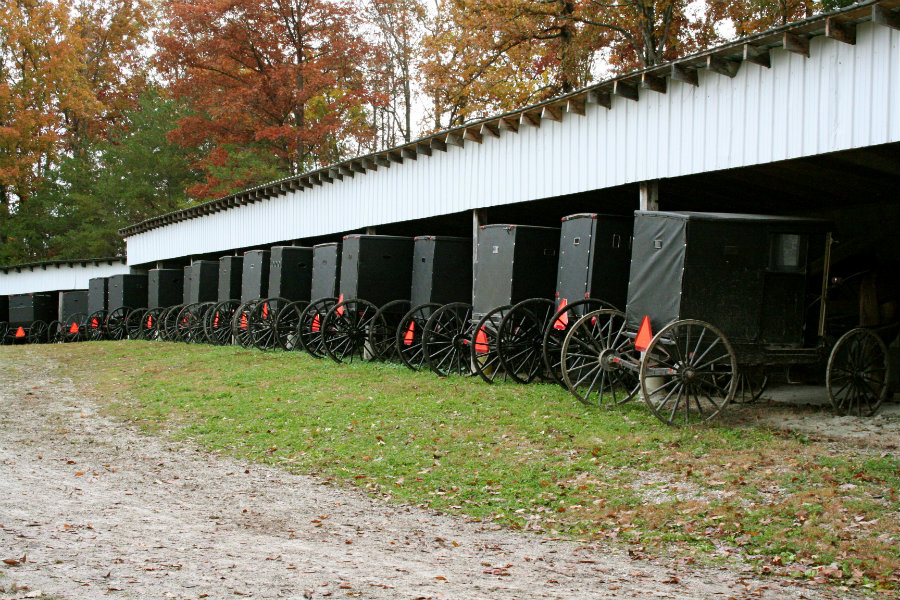
Despite our religious and lifestyle differences, and commonalities, I have observed the following:
1. Time and Work are Honored in the Old Order Mennonite Community
While clocks are observed, tasks are in the moment and tended to. Household or work tasks are done and shared with neighbors and children, who learn early how to help. There is not enough time to dwell or worry—and that can actually be a good thing. Downtime is spent on hobbies, reading, or sewing—or catching up on letters.
2. Community is Everything for Old Order Mennonites
If a barn burns or a family is in need, the community rallies. As OOMs do not carry any kind of insurance, they pitch in to help with benefits, auctions, suppers, or general work “frolics” (days spent on construction or silo-filling in autumn: the men work and the women come together to cook).
Because most OOMs and other Anabaptists live off the grid, or barely touching it, they are ironically well poised for any disaster. They will be able to care for themselves and for each other—their self-sustenance will see them through.
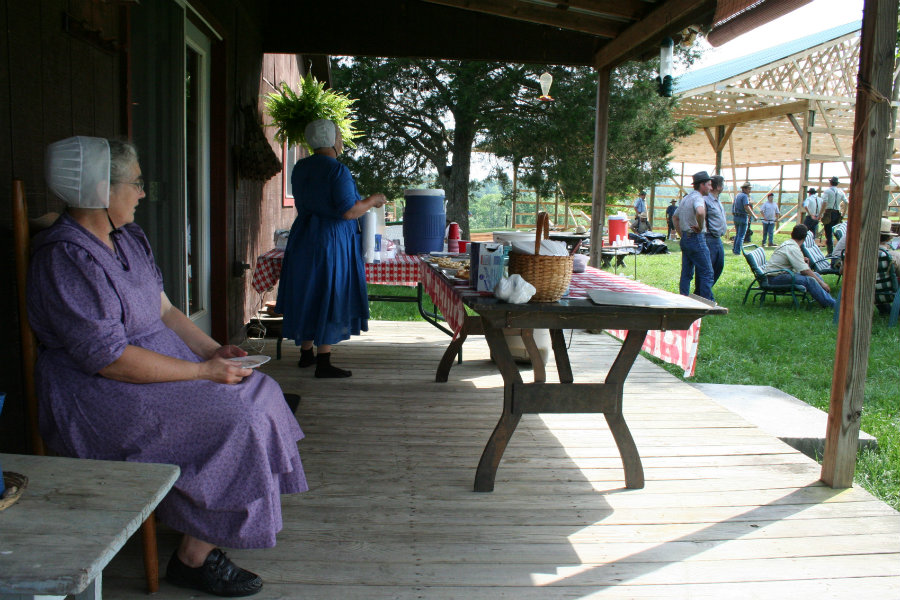
3. Faith is Central for Old Order Mennonites
OOMs and other Anabaptists have a devout faith that defines their families and communities. Sundays are devoted to church, family dinners, visiting, and rest—which they need after a busy workweek. (As for family members who leave the church, they are not shunned: some often leave to go to more evangelical churches.)
4. Family is a priority in the Old Order Mennonite community
I often joke that my OOMs friends do more traveling than we do. They don’t own cars but will hire van drivers or take buses or trains to see family in other states. Weddings, family reunions, and funerals are well attended throughout the year, no matter the distance.
5. Instead of Facebook, it's Facetime for Old Order Mennonites
“Social media” is a foreign concept to OOMs. They write and send letters and notes through the mail (both within their local communities and further), and they actually visit. Quiltings are common among women and other community gatherings, and church activities assure time to catch up and share news. Phones, when used, are landlines vs. “smart phones.” Specific weekly newspapers keep everyone informed throughout the country about other communities.
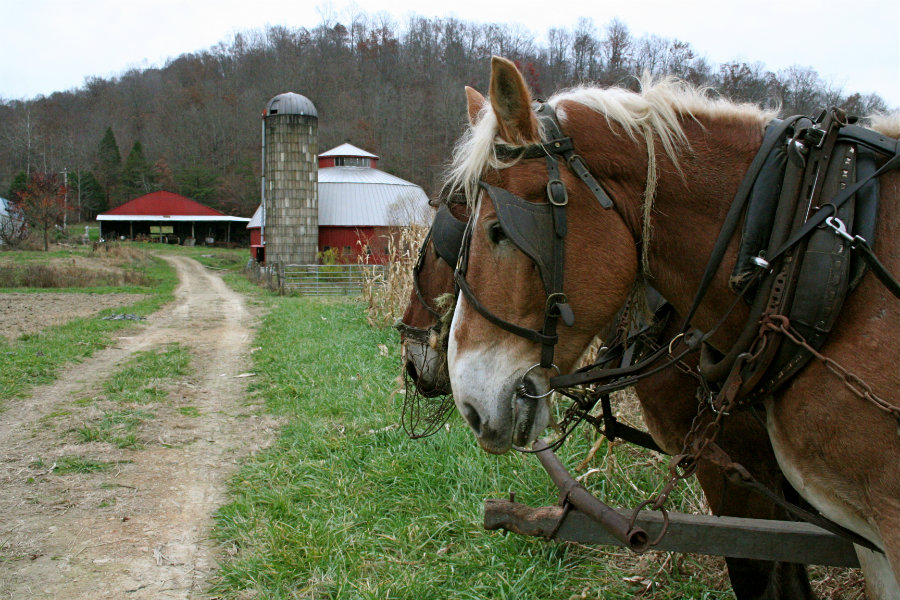
6. With Old Order Mennonites, Things Don’t Matter: People Do
Money is a necessity but not a goal: thus, OOMs are not known to overcharge for a service or product. Of note is that OOMs pay property, state, and federal taxes. They do not withdraw disability or Social Security and neither do they pay into it. They are entirely self-sustaining and usually only take loans from others in the community or bank loans when necessary. Credit cards are rare. Their “welfare state” is through their own contributions to other community members in need.
OOMs don’t worry about what they cannot fix. While they are aware of national and international news, they are mostly content being family- and farm-centric and focusing on their homes, churches and immediate communities. That said, they are the first to give blood, help locally (as in a major flood in the next county a few years ago), and they will travel to other states or nations to help where they can in relief work, or hold large benefit auctions for such causes.
Above all, in the country, you can’t do it alone -- and it’s always welcome to see a smiling friend with a pie in her hand!
All photography by Catherine Pond. Caption for top photo: Our son Henry drives the wagon with my husband Temple, left, and friend Melvin Hurst, center, out to the watermelon patch. The wagon is lined with old carpeting so as not to bruise the melons. The round red structure, behind them, was the first cupola Melvin built for his round barn but it was too large: it now makes a perfect chicken house.


